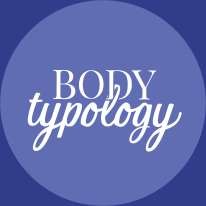- Home
- Natural Osteoporosis Treatment
- Vitamin D Deficiency Symptoms
Vitamin D Deficiency Symptoms
If you are concerned you may have Vitamin D deficiency symptoms, your worries are not unfounded. A recent study (March, 2010) surprised doctors at the McGill University Health Center, who found an epidemic of vitamin D deficiency. Health Canada and the U.S. Institute of Medicine are jointly studying the latest science to review recommended intakes for vitamin D dosage.
Severe Symptoms of Vitamin D deficiency:
- Calcium deficiency
- Rickets
- Osteomalacia (similar to rickets but in adults)
Symptoms of vitamin D deficiency:
Most people do not show symptoms of vitamin D deficiency until complications are present, such as a fracture. If symptoms are present they may include:
- Muscle weakness
- Fatigue
- Loss of appetite
- Burning sensation in the mouth and throat
- Diarrhea
- Insomnia
- Visual problems
- Weight Loss
Causes of vitamin D deficiency:
What increases our need of vitamin D? What destroys it or reduces the amount absorbed?
- Alcohol
- Mineral oil
- The preservative sodium benzoate, found in many processed foods
- Synthetic estrogen – the pill
- Oxygen
- Heat
- Acidity
- Cholestyramine – cholesterol lowering medication
- Antacids
- Steroid hormones
- Some illnesses – an intestine that is not absorbing nutrients well, weak kidneys, etc
- Some medications - anticonvulsants
Who has a greater need for vitamin D?
- Children
- Pregnant or breastfeeding women
- Alcoholics
- The elderly
- Those who do not get enough sun
- People with intestinal, liver, gall bladder or kidney disorders
Which foods are rich in vitamin D? vitamin D foods
The challenge lies in that right now no one really knows how much Vitamin D we need, however more and more studies are linking diseases, including cancer, to vitamin D deficiency. If you find you have symptoms of vitamin D deficiency, ask your Doctor for a vitamin D blood test. Explore the vitamin D - osteoporosis link for more information.
